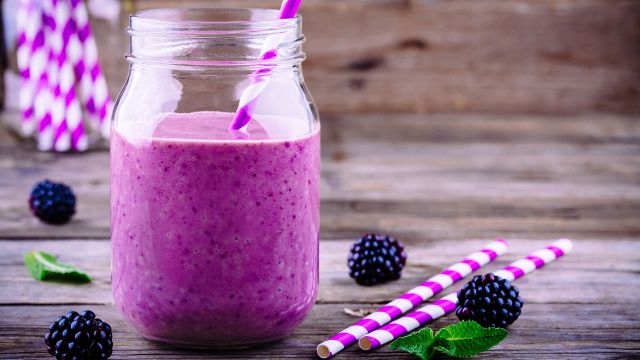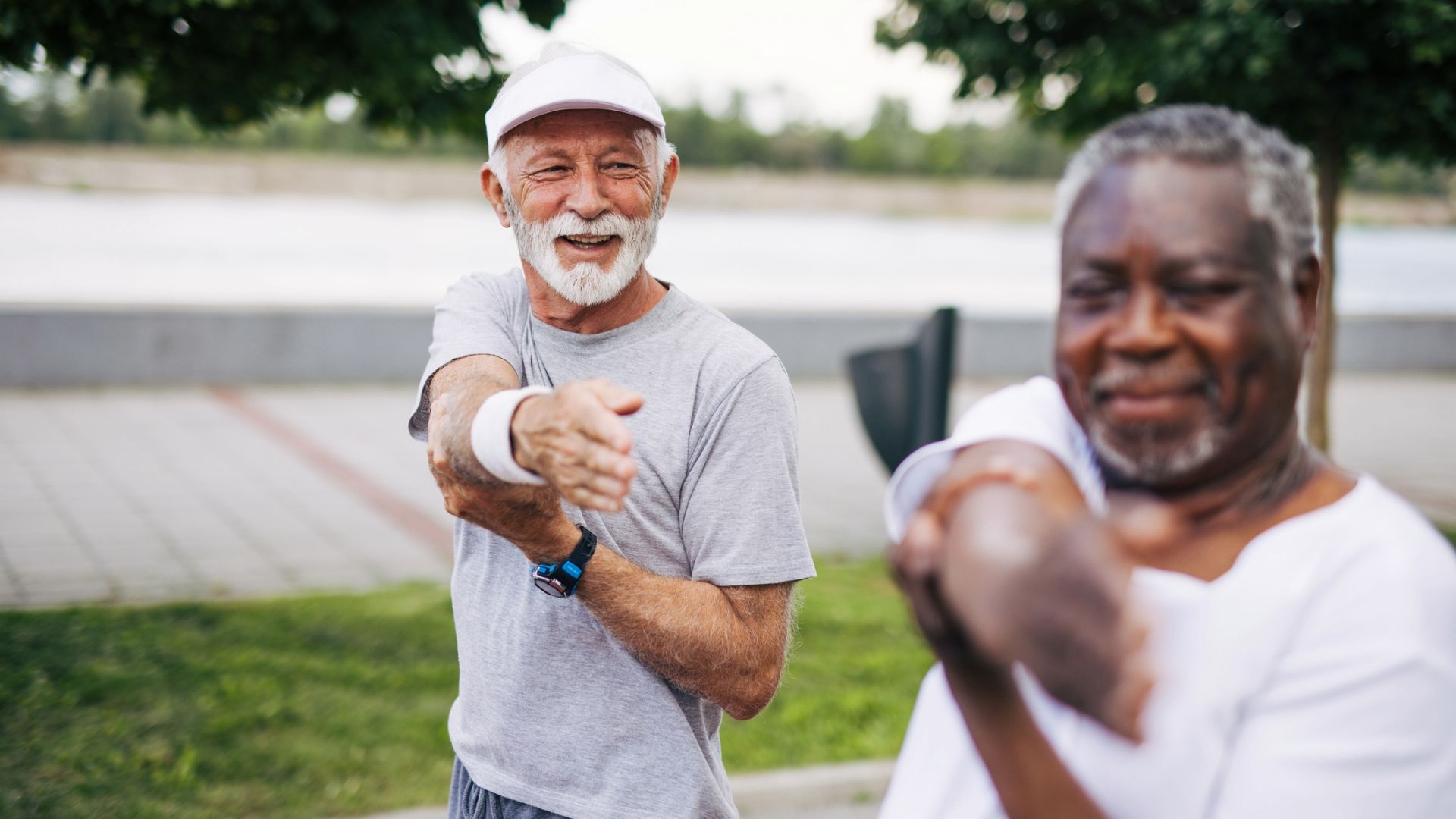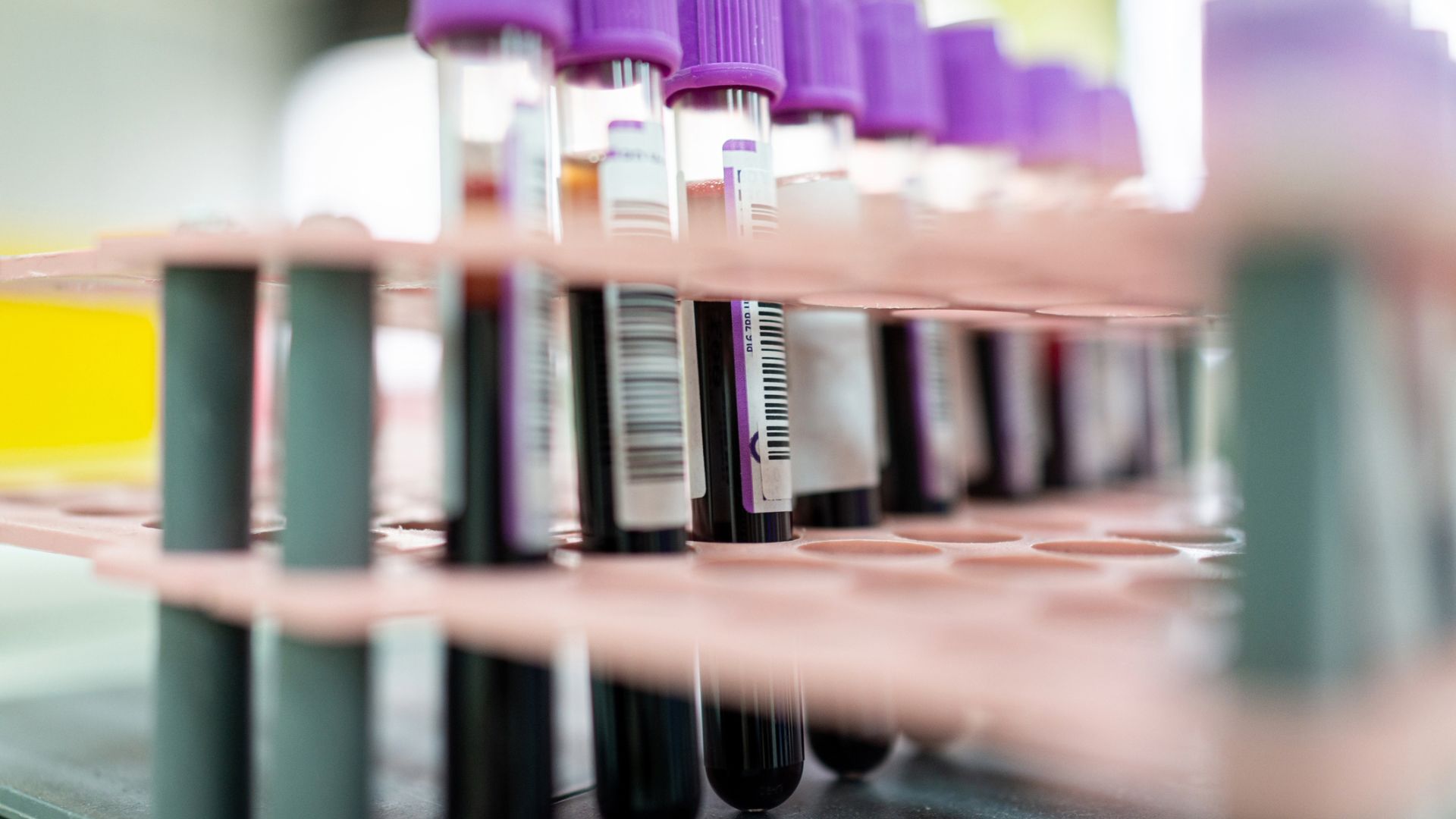Updated on September 22, 2025
Many people with cancer experience weight loss, which can be a result of having cancer and some of the therapies used to treat cancer.
Is weight loss a symptom of cancer?
Unexplained weight loss is a sign of numerous types of cancer, including lung cancer, pancreatic cancer, and cancer of the esophagus (the tube that food moves through, from your mouth to your stomach). Unexplained weight loss is weight loss that is not the result of diet, exercise, or being on a medication. Cancer can affect a person’s ability to eat food or tolerate food. It may also disrupt the way the body metabolizes food. This means that a person with cancer may not get adequate nourishment from the foods they are able to eat. This can lead to malnutrition.
Weight changes and cancer treatment
Weight changes can also be the result of cancer treatments. Weight gain and weight loss are both possible side effects of chemotherapy drugs that kill or stop the growth of cancer cells and are one of the most common cancer treatments. Radiation therapy, another common cancer treatment that uses high dose x-rays to kills cancer cells, can make eating and digesting food difficult, which can lead to weight loss. During treatment, people may experience side effects that make eating difficult, such as nausea, loss of appetite, changes in taste or smell, constipation, diarrhea, and sore or dry mouth.
Nutrition for people with cancer
Weight changes are difficult to predict. Monitoring your symptoms and communicating with your healthcare providers is important when undergoing cancer treatment.
If you or a loved one has been diagnosed with cancer or is being treated for cancer, these strategies may help minimize weight loss and improve nutrition:
- Eat 5 to 6 small meals each day, rather than three large meals.
- Choose foods that taste and smell good to you, but try to eat a variety of foods.
- Keep healthy snacks nearby and nibble throughout the day.
- Drink plenty of water and fluids to stay hydrated and replace fluids lost through nausea or diarrhea.
- Consume calories and proteins in liquid form, especially if you have trouble swallowing or chewing. Smoothies, shakes, juices and soups may be easier to tolerate.
- Increase your protein intake by adding cheese, hardboiled eggs, shelled and roasted nuts, beans, dried fruit, and protein powders to meals.
- Serve foods cold or at room temperature to minimize potentially unappetizing odors.
- Stay active as you are able—it can stimulate your appetite.
- Add high fiber foods like whole grains and fruits or vegetables if you are constipated, but avoid them if you have diarrhea.
- Limit your consumption of fat, sugar, alcohol, and salt.
Food and nutrition are important topics to discuss with your healthcare team, who may have their own recommendations and strategies that can help. If possible, work with a clinical dietitian, who can assess your nutritional needs and help you build an eating plan to meet those needs. Ask your healthcare provider about it, and whether your insurance can help cover nutritional issues related to cancer treatment.
Cancer is a time to care for your nutrition
It may seem strange to take steps to keep on pounds. We live in an era when many people are struggling to lose weight, where countless ads, articles, and products promote weight loss.
However, cancer treatment is not the time to lose weight. It’s a time to take care of your nutritional needs, to help give your body the strength to fight cancer and handle the demands of treatment.



